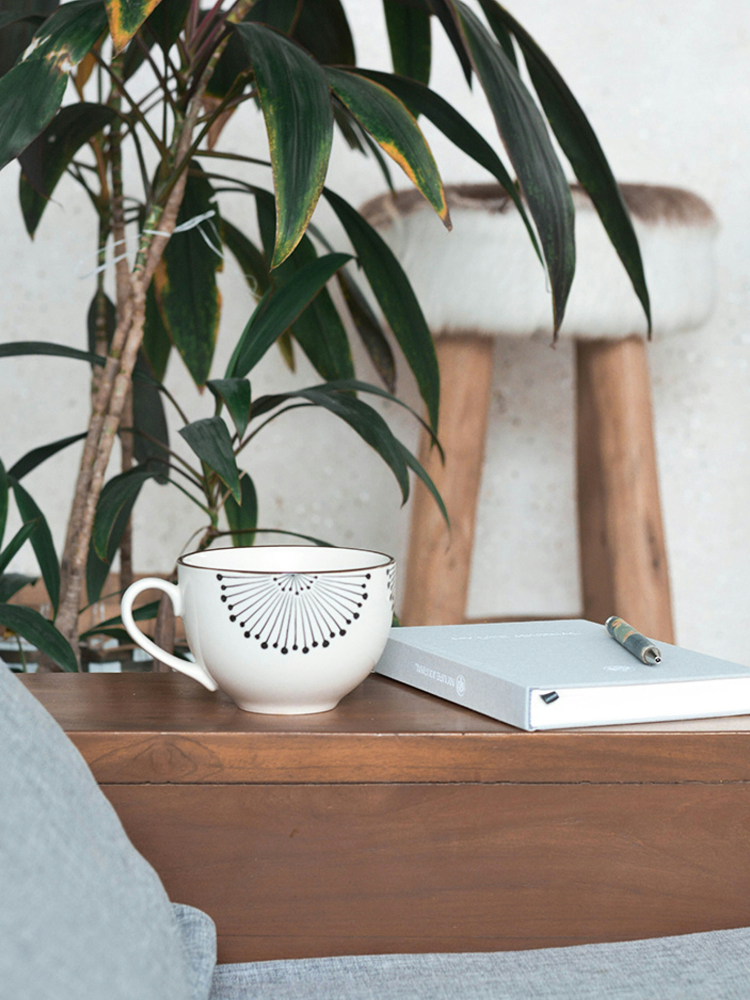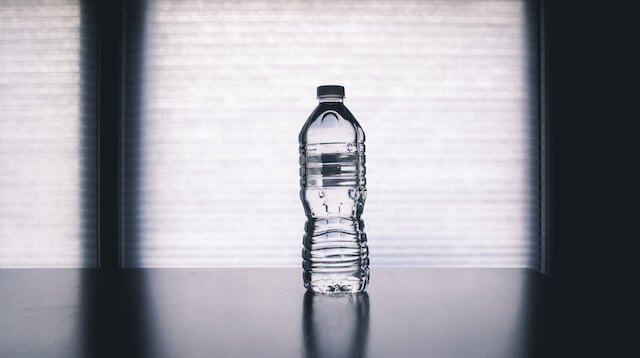If you already suffer from mental health illnesses such as anxiety or OCD, it’s likely that the news about coronavirus COVID-19 will impact how you cope. You might not even realise you’re struggling as your response to feeling all consumed by it can make you disconnect altogether.
It’s important to check in with yourself and gauge how you’re feeling. This might feel scary but the best we can do is have a plan well so that we’re prepared and follow the guidelines from the authorities (e.g NHS).
In this post, I’ll share exactly what I have been discussing in my sessions on how to prepare for quarantine with an eating disorder.
Focus on safe foods first
For those who are working to repair their relationship with food, the thought of having large quantities of certain foods at home may be triggering. The ultimate goal of having all the foods you enjoy, in any quantity, takes work. Therefore in difficult situations like this, I would advise that you stock up on foods that you feel safe eating and won’t feel that you’ll be triggered by. Think about foods that have a long shelf life such as frozen foods, UHT milk, canned foods, dried pasta and rice.
Create a meal plan
Another thing you might need is a meal plan. Even if you haven’t had to follow a meal plan, it could be helpful to have one now. I say this because it will help hold you accountable and will take out the opportunity for you to engage in a dialogue with your ED voice if you get stuck deciding what to eat. How you plan your meals depends on where you are in your recovery. Perhaps you’d like to have a list of 3-4 breakfasts, lunches, dinners and snacks. Or maybe you need to plan each meal and snack out one by one. Or you might want to do a mixture of the two. Go for the option that you are most confident that you can stick to.
Positive distractions
How will you keep yourself occupied? What activities help you feel calm? I don’t know about you but I’m always saying that I don’t have time to read my books. Perhaps there’s a book that you’ve been wanting to read or a series that you’d like to watch. Podcasts! Goodness, I have a load of podcasts that I need to catch up on. I can’t be the only one! Other activities you could try include:
-
Creating a vision board
-
Starting a bullet journal
-
Doing some creative activities
-
Learning a new craft
-
Finding an online community that relates to a hobby or interest
-
Start a herb garden
-
Reorganise your living space
Make sure you have access to support
Check if you can work with your therapist online or over the phone. If not, make use of a free support service such as BEAT or the Samaritans. It’s also important to have the phone numbers and emails of your close family and friends written down somewhere safe.
Check your medication stock
Make sure that you have enough medication. If you’re running low, find out where you can pick up some more. Call your GP or speak to your nearest pharmacy what services they may offer (i.e delivery). I cannot stress how important it is to make sure you take your medication consistently.
Some Helpful Resources
-
NHS 111: https://www.nhs.uk/using-the-nhs/nhs-services/urgent-and-emergency-care/nhs-111/
-
Samaritans: https://www.samaritans.org
-
BEAT: https://www.beateatingdisorders.org.uk/support-services
-
Stay at home: guidance for people with confirmed or possible coronavirus (COVID-19) infection: https://www.gov.uk/government/publications/covid-19-stay-at-home-guidance/stay-at-home-guidance-for-people-with-confirmed-or-possible-coronavirus-covid-19-infection





